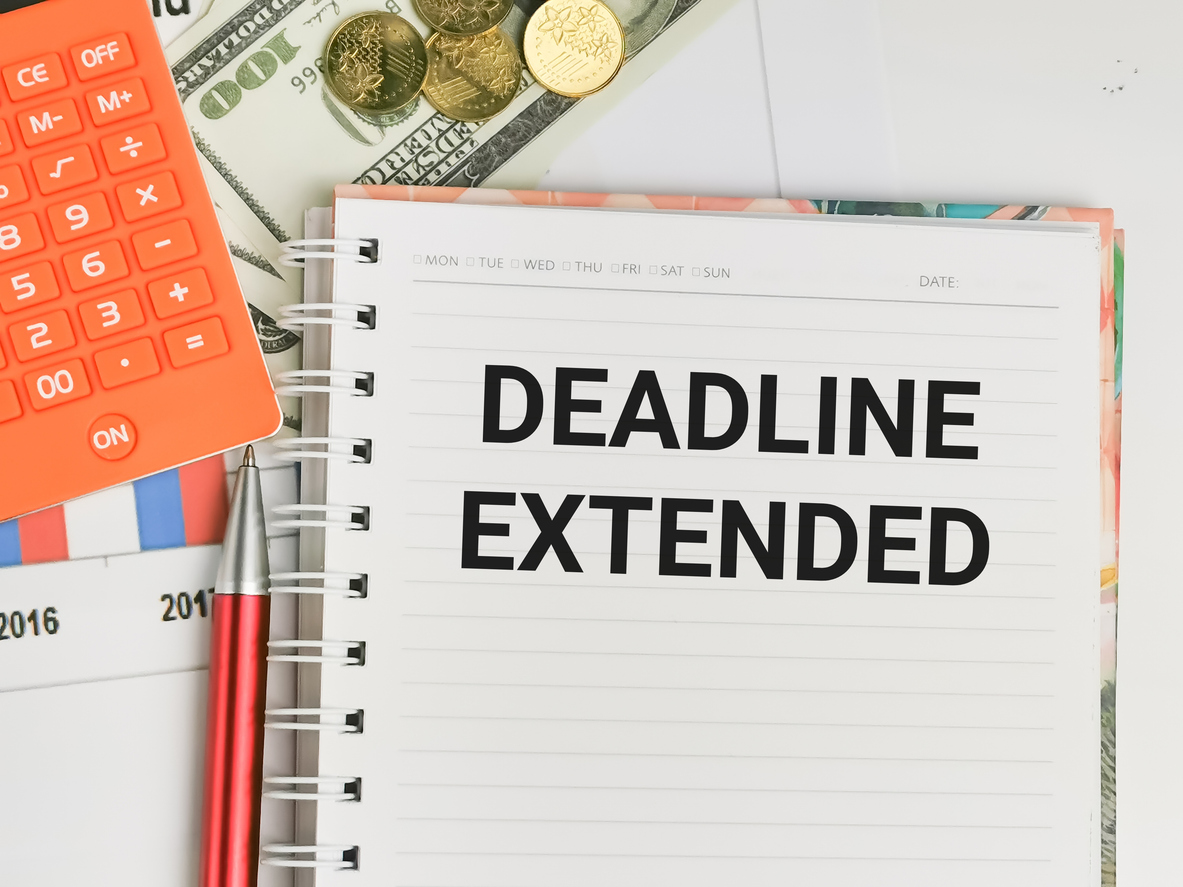Were you preparing for a flood from Hurricane Hermine that hit with some warning or even if it surprised you, most flood policyholders are in the same position: “Where do I go from here and what do I do regarding my flood insurance claim?”
After doing this for over thirty years, here are some tips I have learned from victims of flood disasters while helping them get through those tough times and then facing the flood insurance claim process:
- Be safe. Floods bring in all kinds of hazardous materials into a home. Poisonous fluids and snakes in the flood water are common. Make certain the structure is safe and watch for looters and criminals which arrive before first responders. Live power lines do not have warnings—be careful when trying to reach and first walking around your property.
- Take as many “after the flood disaster” photos and videos as you can of your property and surrounding property. The rule of thumb is that it is impossible to take too many photos and videos, especially close-up photos showing the damage and wet stains. Wet stains are very important and are hard to photograph and some cameras allow you to verbally explain what you see with your eye even if the camera lens is missing it.
- Notify your agent immediately of a flood loss. Do not wait. Get in line and get your claim number as soon as possible. Do not throw out wet and damaged objects until the adjuster sees them.
- Protect the property from further damage. Get the wet stuff to a dry area and protect property from further damage.
- Keep receipts for everything. The costs to mitigate further damage, purchasing replacement items, hiring handymen, and repair contracts are documents the National Flood Adjusters will ask for and have a right to obtain. Keep those and store them on a computer as soon as possible so they are safe and can be easily transferred to those that request them.
- Keep a diary documenting everything following the flood. I should probably put this as the first tip, but whenever the red tape starts, it is great to be able to say you are keeping a diary of everything and know, who said what, promised, whatever. This will be invaluable if you need to show how slow your claim is being handled.
- Keep track of deadlines. National Flood Insurance has strict deadlines to submit everything and do not expect extensions and never rely upon promises of extensions from field adjusters who have no authority to give them and no idea if they will actually happen. Filling out a National Flood Proof of Loss (which is necessary to get paid) is more technical than filling out a federal income tax return. In addition, if you make an error, they are less forgiving than the Internal Revenue Service.
- Field flood adjusters want to help, but you cannot trust them. See my blog, Louisiana Flood Insurance Claims – Secrets That Flood Adjusters Will Not Tell You. If they overpay, they have to pay back the overpayment out of their own pocket.
- Unless you really have the time, experience and desire to prepare all of the estimates yourself, consider hiring a public adjuster. A public adjuster represents your interests, not the interests of the flood insurance company. They usually earn back more than their normal 10% fee by having the knowledge and motivation to work through the details of a loss and not miss items you probably will not consider, but are owed—items the flood adjuster may not tell you…see my last note.
- Only hire licensed, bonded, referenced, and thoroughly vetted contractors. Do not let any contractor pressure you or promise things that sound too good to be true. Contractors repair things and those that promise “inside knowledge” or “good relationships with the flood adjusters” are those you should run from. Get your building repaired by somebody that is reputable.



